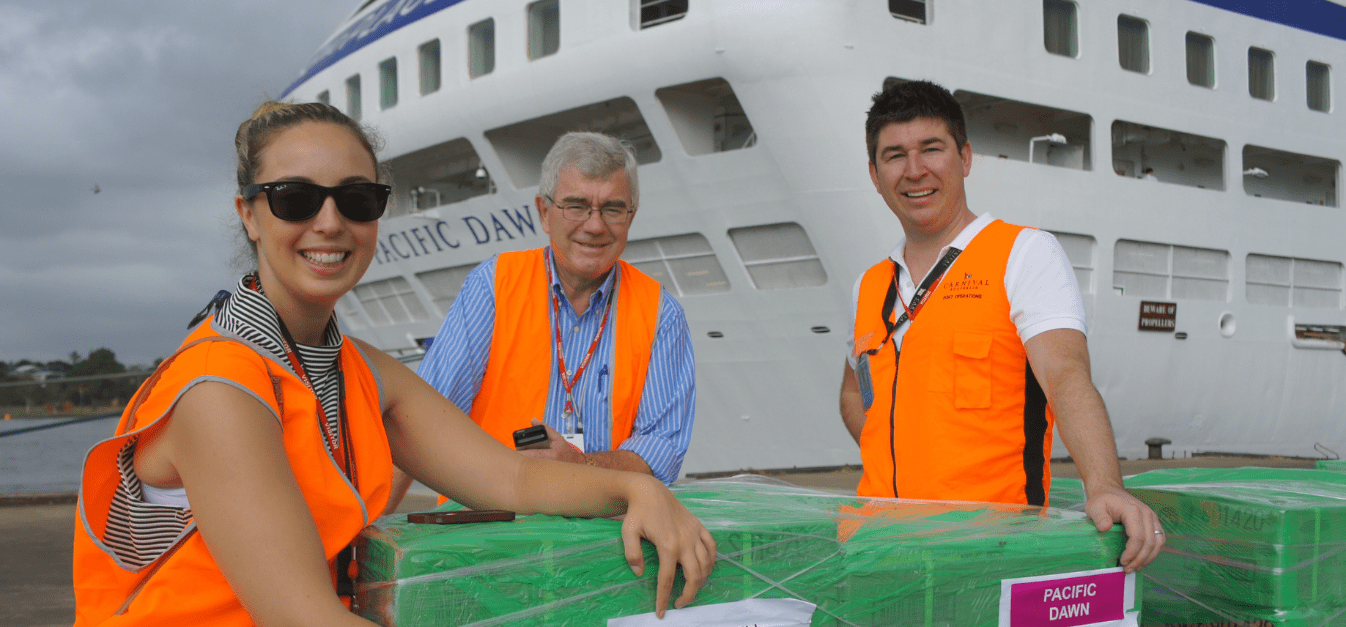If you have a medical condition of any kind, or travelling with someone who has, it’s crucial to plan ahead before you set off on your cruise. Health problems may spoil your holiday and costs can be crippling. Words: John Pond.
There are lots of people with medical problems cruising, especially in the over 50s age group. Even if you don’t have any medical problems, here are some tips to avoid spoiling your holiday and to enable you to help a partner or fellow passenger.
• Immunisations: Find out what is required from your GP, and if necessary, get injections. Don’t depend on advice from your travel agent. Visit the Australian Government website for immunisation information: www.smartraveller.gov.au.
• Go to your doctor for a check-up four to six weeks before your trip to make sure your blood pressure and cholesterol are in a healthy range.
• Ask your doctor to give you extra prescriptions and a letter explaining your medications. Carry this with you at all times. The extra prescriptions could help in case of an emergency – bear in mind that you may have to see a local doctor for prescriptions valid in your visiting country. Ships’ doctors can’t write prescriptions to be dispensed in foreign ports.
• Carry a medical identification card in your wallet or purse.
• Take some snack food to cover waiting time in case of delays or unexpected schedule changes. (As I have diabetes, I always carry jellybeans in case of hypo emergencies). Remember Coca Cola (not Diet) or orange juice is a quick way to get blood sugars up.
• Don’t forget to declare these items as food when passing through customs.
• Take 50 per cent more medication and supplies than you’d normally need on any trip – it’s better to be safe than sorry. Don’t forget extras such as needles – a friend forgot extra needles and went through a whole cruise with one needle that became very blunt and he was pretty sore by the end of the cruise.
• Make sure you keep your medical insurance card and emergency phone numbers handy. When flying, or boarding a ship, keep all your medical supplies in your carry-on luggage. Don’t risk a lost suitcase.
• Stay comfortable and reduce your risk of blood clots. Exercise in your seat and when moving around the cabin. Wear pressure socks (available at chemists). Always tell at least one person travelling with you about any medical condition.
• Travel insurance is a must. It’s been said, “If you can’t afford insurance you shouldn’t travel.” Consult your travel agent (although they will most probably push whatever insurance brand they are selling). Some major credit cards offer free insurance if you purchase your holiday travel using their card, so check with your card provider before you leave. Do your own research and if you are a senior, be prepared to pay more and bear in mind that pre-existing medical conditions may not be covered.
• If you get involved in any adventure activities such as bungee-jumping, your policy could be voided, so take out special insurance if necessary.
• Most policies cover loss or theft, but don’t forget to report lost or stolen items to the ship’s purser/hotel manager and police and write down all the details. Keep records of any medical expenditures.









Comments are closed.